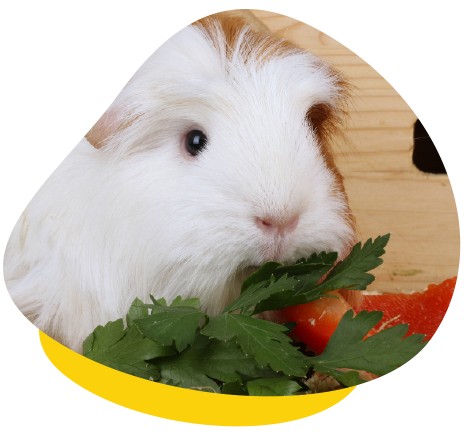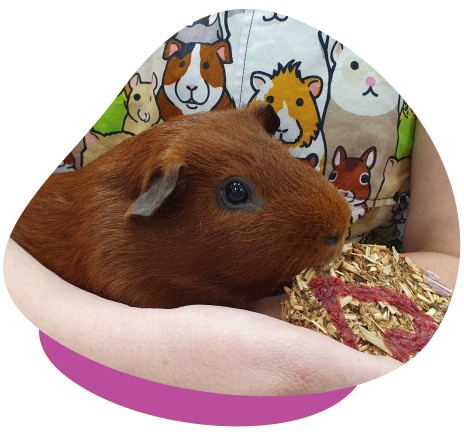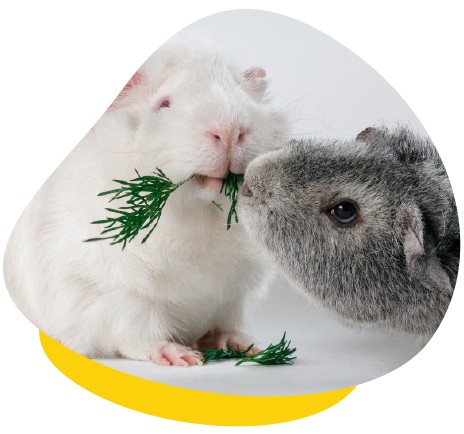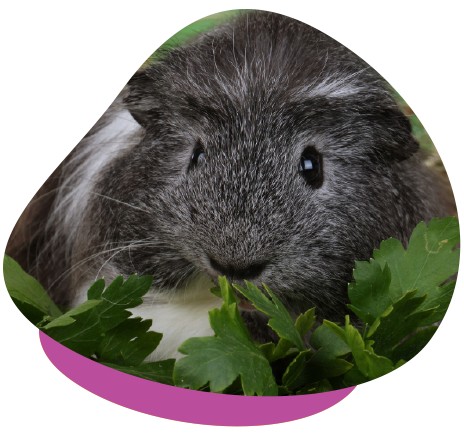Guinea pigs require vitamin C in their diets to maintain their health, just like humans do. Like humans, guinea pigs cannot produce vitamin C independently and must obtain it from their diet.
A deficiency of vitamin C in guinea pigs can lead to a condition known as scurvy, which can cause a range of symptoms, including lethargy, poor appetite, weight loss, joint pain, swollen and bleeding gums, and hair loss. If left untreated, scurvy can be fatal.





